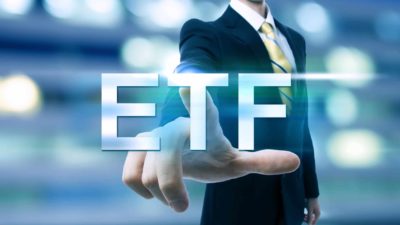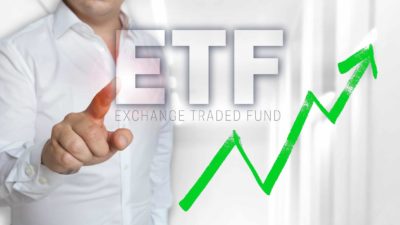The BetaShares Australia 200 ETF (ASX: A200) is one of the cheapest exchange-traded funds (ETFs) that Aussies can choose.
Being the cheapest doesn't necessarily mean being the best, but it should be one factor that investors consider when choosing Australian shares.
Investing is all about making investment returns, after all. Net returns are more important than gross returns because investment costs, like management fees, need to be factored in. If two funds achieve identical gross returns, then fees may be the deciding factor.
How cheap is the A200 ETF annual management fee?
BetaShares, the provider of the A200 ETF, charges just 0.04% per year.
According to Bloomberg, this is the world's lowest-cost Australian shares index ETF.
In comparison, The Vanguard Australian Shares Index ETF (ASX: VAS) has an annual management fee of 0.07%. There's only a three basis point (0.03%) difference between the two, but the VAS ETF fee is close to double what A200 charges.
On the cost side of things, the A200 ETF wins.
What about the returns?
Past performance is not a guarantee of future performance, but I think it can be useful to compare the VAS and A200 ETFs. Their portfolios are similar, but they also have differences.
They both own many of the same businesses, though Betashares A200 has 200 holdings and VAS has 300 holdings. In other words, A200 focuses on the 200 biggest businesses that make up the S&P/ASX 200 Index (ASX: XJO), while VAS owns the next 100 businesses after that as well.
Over the past three years, the A200 ETF has delivered an average annual return of 7.5%, which is more than the VAS ETF's return of 7.06%.
In the last five years, the VAS ETF has delivered an average annual return of 8%, compared to 8.2% for the A200 ETF.
A200's larger allocations to the bigger 200 businesses have helped deliver outperformance, though that's not guaranteed to continue. Sometimes, smaller businesses can deliver outperformance.
Is the A200 a buy?
I think the A200 ETF is worth owning for investors who want exposure to the broad Australian share market or specifically to the largest ASX blue chip shares, such as Commonwealth Bank of Australia (ASX: CBA) and BHP Group Ltd (ASX: BHP).
The A200 ETF has the lowest costs and provides exposure to similar names as the VAS ETF.
Australia's biggest companies have the financial firepower to deliver scale benefits, which could be why they have outperformed. However, the global share market also delivers strong overall performance thanks to names like Nvidia and Microsoft, so I'd want to ensure I had exposure to those stocks, too.









